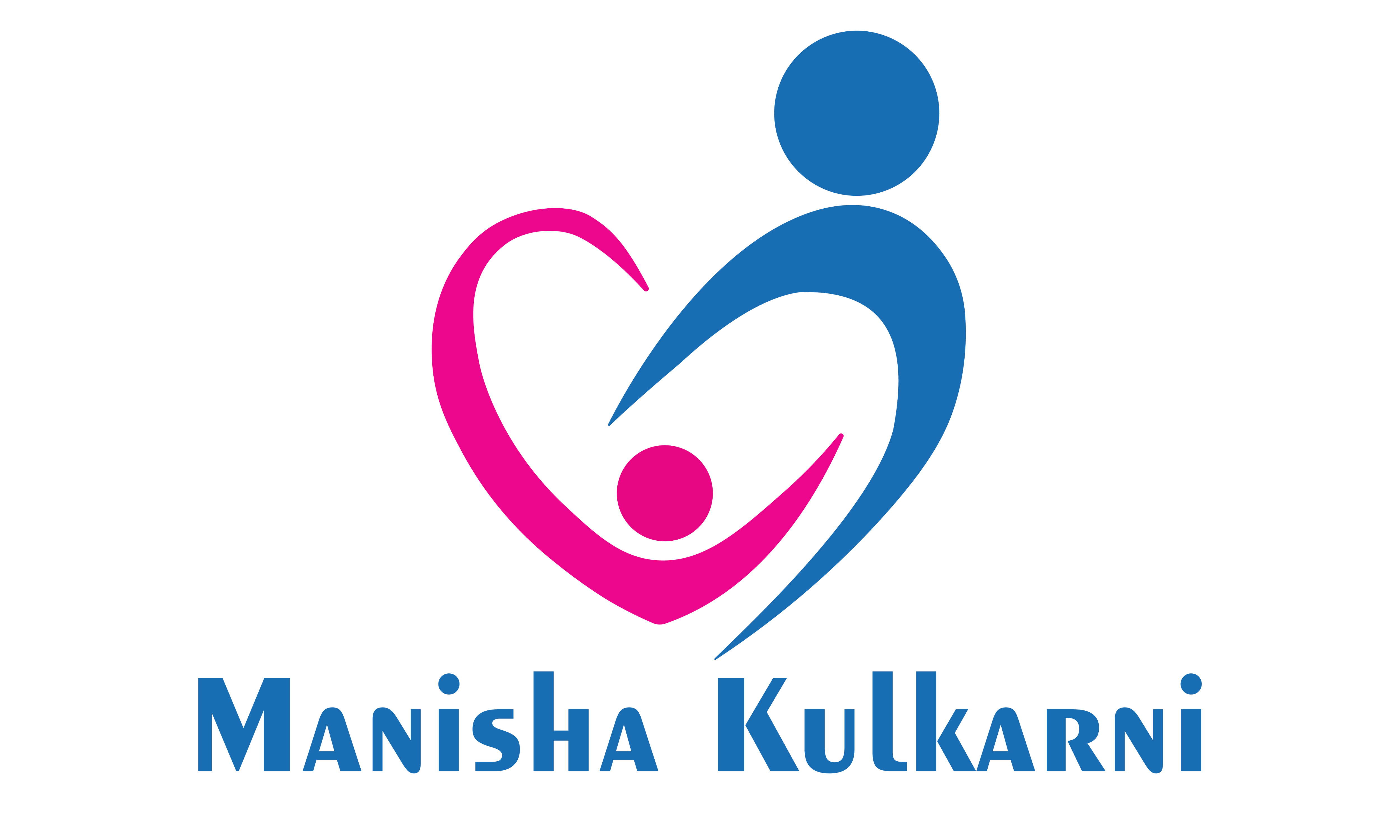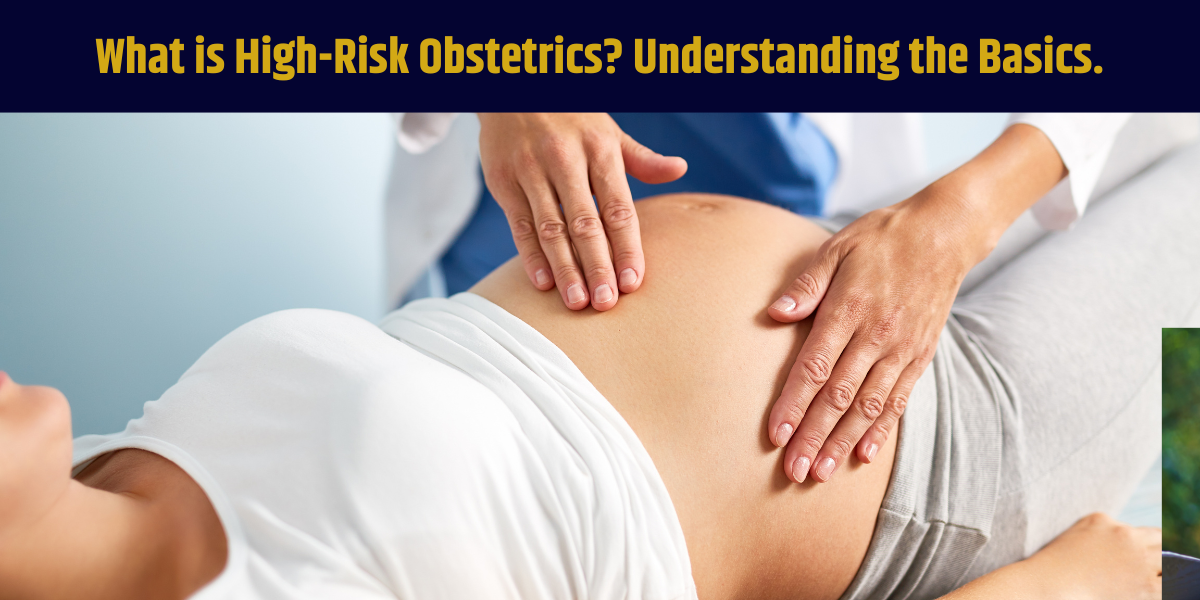What is High-Risk Obstetrics? Understanding the Basics.
High-risk obstetrics is a specialized branch of medicine focusing on the management of pregnancies that have a higher likelihood of complications. This can be due to pre-existing medical conditions, pregnancy-related issues, or other risk factors. Understanding high-risk obstetrics is crucial for ensuring the health and safety of both mother and baby.
What Makes a Pregnancy High Risk?
Several factors can contribute to a pregnancy being classified as high risk:
Pre-existing Health Conditions: Women with chronic diseases such as diabetes, hypertension, or heart disease may have high-risk pregnancies.
Age: Pregnant individuals over 35 or under 17 may face increased risks during pregnancy.
Multiple Pregnancies: Carrying twins, triplets, or more can lead to complications that require specialized care.
Previous Pregnancy Complications: A history of preterm labor, miscarriage, or stillbirth can make a subsequent pregnancy high risk.
What Are the Common Complications in High-Risk Pregnancies?
High-risk pregnancies can lead to various complications, including:
Gestational Diabetes: This type of diabetes occurs during pregnancy and can lead to health issues for both mother and child.
Preeclampsia: A pregnancy-related condition characterized by high blood pressure and potential damage to organs, usually occurring after the 20th week of pregnancy.
Preterm Labor: Labor that begins before 37 weeks of gestation can pose risks for the baby’s development and health.
Placenta Issues: Conditions like placenta previa or placental abruption can complicate delivery.
How Are High-Risk Pregnancies Managed?
Management of high-risk pregnancies often involves a multidisciplinary approach, including regular monitoring and specialized care. Patients may require:
Frequent Prenatal Visits: Regular check-ups with a healthcare provider like Dr. Manisha Kulkarni, a renowned gynecologist in Magarpatta, can help monitor the health of both mother and baby.
Advanced Imaging and Testing: Ultrasounds and other diagnostic tests help assess the baby’s growth and detect any potential issues early.
Lifestyle Modifications: Recommendations regarding diet, exercise, and stress management can be crucial for maintaining a healthy pregnancy.
Medication Management: Some women may need medication to control existing conditions or manage pregnancy complications.
When Should You Seek Help?
If you are pregnant and experience any concerning symptoms, such as severe headaches, vision changes, abdominal pain, or decreased fetal movement, it is important to contact your healthcare provider immediately. Early intervention can be key in managing high-risk pregnancies.
In conclusion, understanding high-risk obstetrics is essential for ensuring a safe pregnancy and delivery. If you have concerns about your pregnancy, consulting a specialist like Dr. Manisha Kulkarni, a gynecologist in Magarpatta, can provide the guidance and care you need. Awareness of the risks and proactive management can lead to better outcomes for both mother and child.


